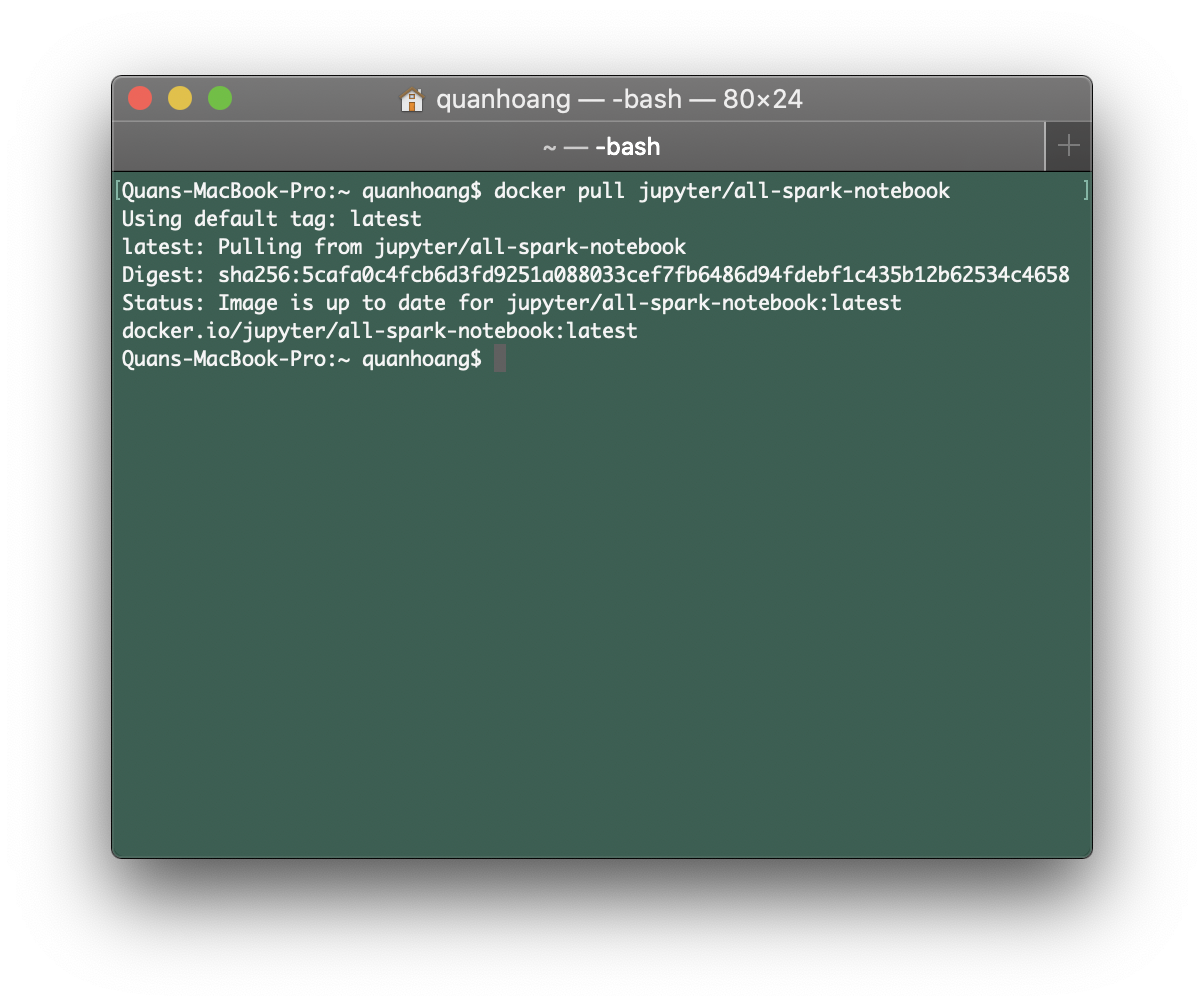

You can load any packages you like in your Python Notebook using pip3 and prepend a ! to your command.

Then, Jupyter Notebook will be accessible at The argument -p 80:8888 means that the internal port 8888 is mapped to the host's port 80.

For example, to run on port 80 run: docker run -p 80:8888 alphaville/open You can access the Jupyter Notebook at a different port by configuring the port forwarding of Docker. Tip: To stop a running container do docker stop \įor example, let's say you want to set the password open. It is always a good idea to give your docker container a name using -name. It will start a Jupyter Notebook at localhost:8888 without a password. You can now download this docker image using docker pull alphaville/openĪnd then run it with docker run -p 8888:8888 -it -name=open-notebook alphaville/open I wonder whether it is possible to try it out very quickly without installing much. You need to have Docker installed ( instructions). What is a Jupyter Notebook?Īccording to, "JupyterLab is a web-based interactive development environment for Jupyter notebooks, code, and data." Requirements
Jupyterlab docker image mac osx#
Then the users can obtain such images and run them locally.ĭocker is open-source and free and can be easily installed on any Linux, Mac OSX or Windows machine. Developers package their software in bundles known as Docker images which can be stored in Docker Hub: an online repository. A container is then guaranteed to run on any other Linux-based machine regardless of the exact operating system, local configurations.ĭocker has nowadays become extremely popular. You may think of containers as independent, isolated and self-sufficient processes. Containers package the applications along with the entirety of its context such as libraries and configuration files. Docker is a tool that facilitates the execution and deployment of applications (often web applications) using containers.


 0 kommentar(er)
0 kommentar(er)
